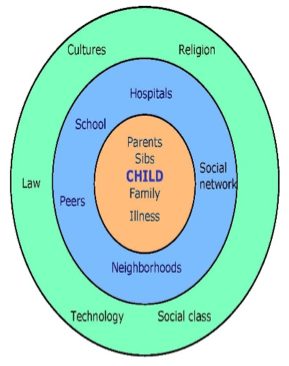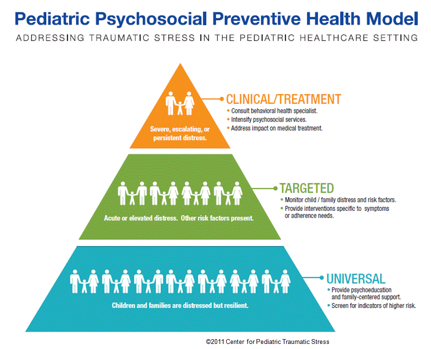TARGET PROJECT 3
Screening for psychosocial risk in pediatric sickle cell disease
Investigator: Steven Reader, Ph.D.
Mentor: Anne Kazak, Ph.D.

Dr. Reader is a pediatric psychologist in the Center for Healthcare Delivery Science as well as the Division of Behavioral Health at Nemours/A.I. duPont Hospital for Children (N/AIDHC). He is also an Assistant Professor of Pediatrics at the Sidney Kimmel Medical College at Thomas Jefferson University. He completed his doctoral training in pediatric clinical health psychology at the University of Florida. Dr. Reader completed his pre-doctoral internship at N/AIDHC and returned for his fellowship to the University of Florida.
He works clinically with children and families coping with a range of pediatric medical conditions, and is the psychologist with the multidisciplinary Sickle Cell Clinic at N/AIDHC. His current research is funded by the NIH Centers for Biomedical Research Excellence (COBRE – P20-GM109021 Stuart (PI)) and focuses on family psychosocial risk screening in pediatric Sickle Cell Disease, and adapting the Psychosocial Assessment Tool as a screener for psychosocial risk in SCD. In addition, Dr. Reader is involved in diversity issues through his association with the American Psychological Association Division 54 Society of Pediatric Psychology’s Diversity Committee, and is a member of Division 45 Society for the Psychological Study of Ethnic Minority Issues.
Project Summary:
Although the importance of psychosocial screening in sickle cell disease (SCD) has been emphasized by the National Heart Lung and Blood Institute and the American Academy of Pediatrics, screening is not currently implemented in a systematic manner, due in part to the lack of reliable, valid, and culturally sensitive screening instruments. The proposed mentored research will investigate the Psychosocial Assessment Tool (PAT) as an acceptable evidence-based caregiver-report screener of psychosocial risk and resilience in pediatric SCD. PAT items reflect theoretically and clinically relevant domains based on social ecological theory and the Pediatric Preventative Psychosocial Health Model.
To date, the PAT has been used primarily in the pediatric cancer population. Given potential distinctions between SCD and pediatric cancers, particularly with respect to socioeconomic characteristics, health disparities, cultural factors, and the ongoing burden of the disease, it is critical to establish reliable and valid aspects of psychosocial risk specific to SCD. Part 1 of this research proposal uses a mixed-methods approach to evaluate the acceptability of completing the PAT in a sample of 30 primary caregivers of children (birth to 21 years) with SCD. These caregivers will be asked to provide qualitative feedback regarding their experience of completing the PAT, to inform the need to modify the PAT to better fit the SCD population, rendering a SCD version of the PAT (PAT-SC).
In Part 2, 170 primary caregivers of children (birth to 20 years) will be recruited to complete the PAT-SC and other clinically relevant outcome measures at three time points (baseline, 6-month, and 12-month follow up). Clinically important health and school outcomes will be assessed through the electronic health record and school data, which will also be gathered at the three time points. Data analyses will include exploratory and confirmatory factor analyses, tests of association of the PAT-SC and clinically relevant health outcomes, and psychometric evaluations (reliability, validity). At the conclusion of the study we anticipate having an acceptable and valid psychosocial screener that can enhance the delivery of evidence based care to SCD families in order to reduce health disparities and promote wellbeing.


Publications:
